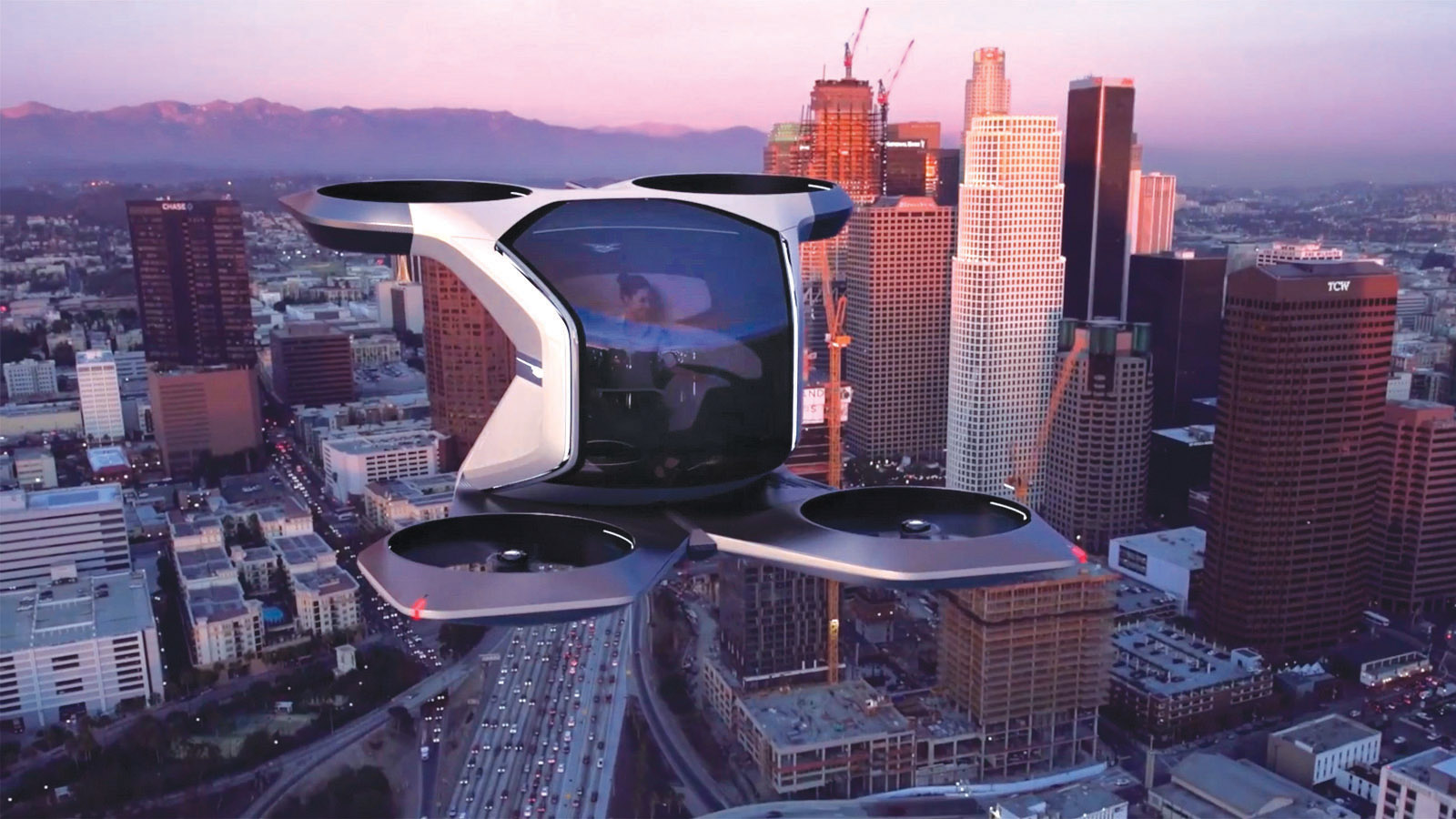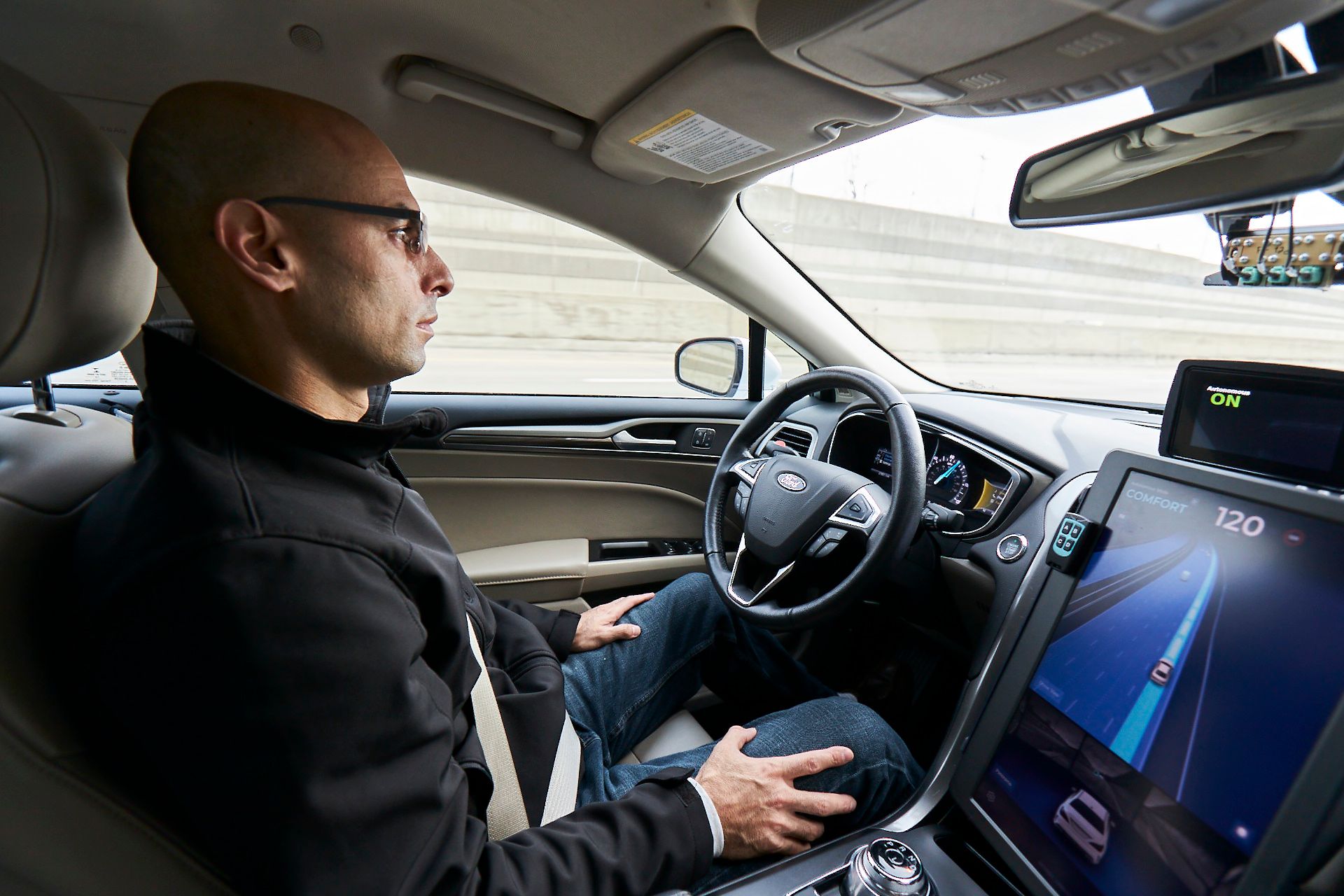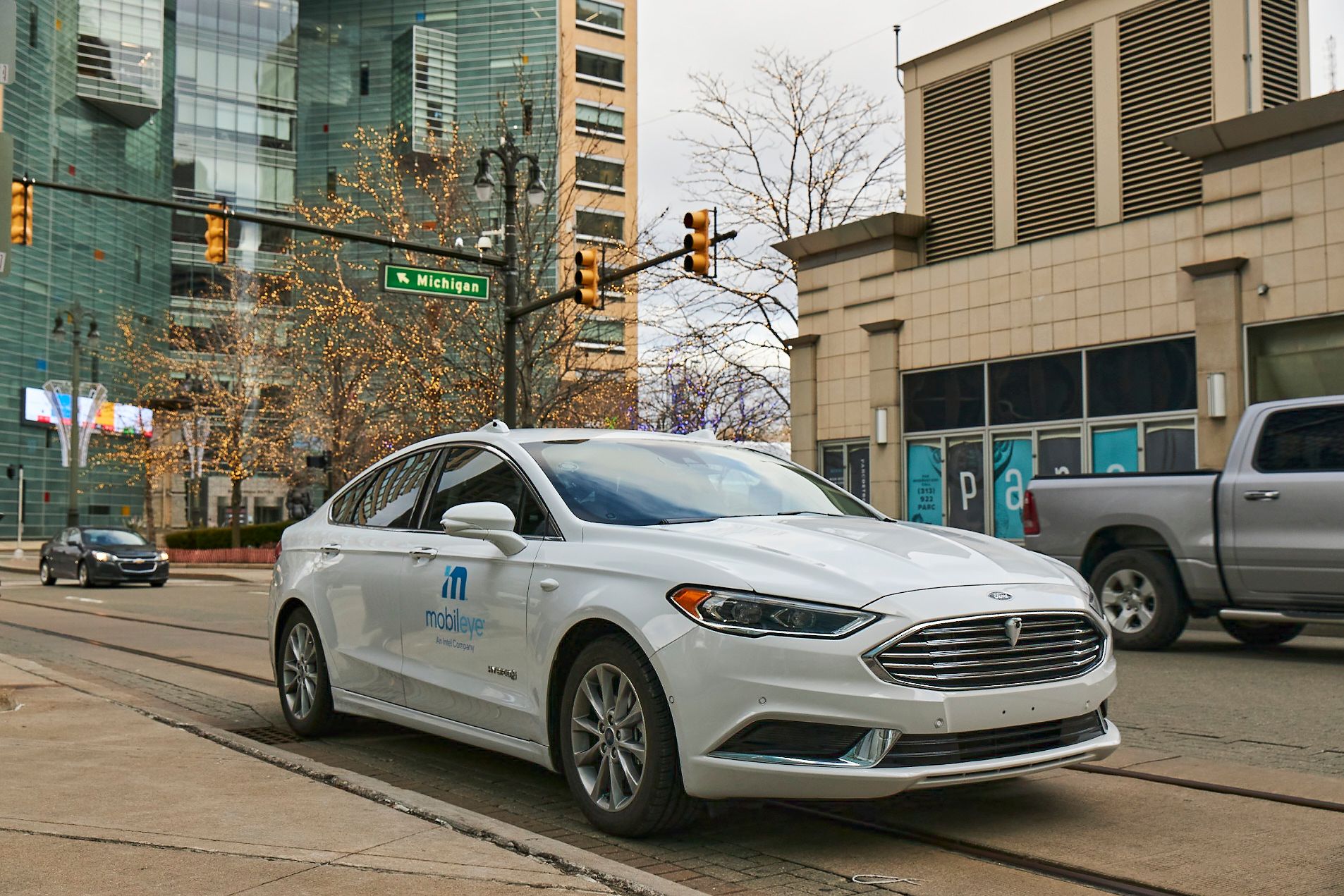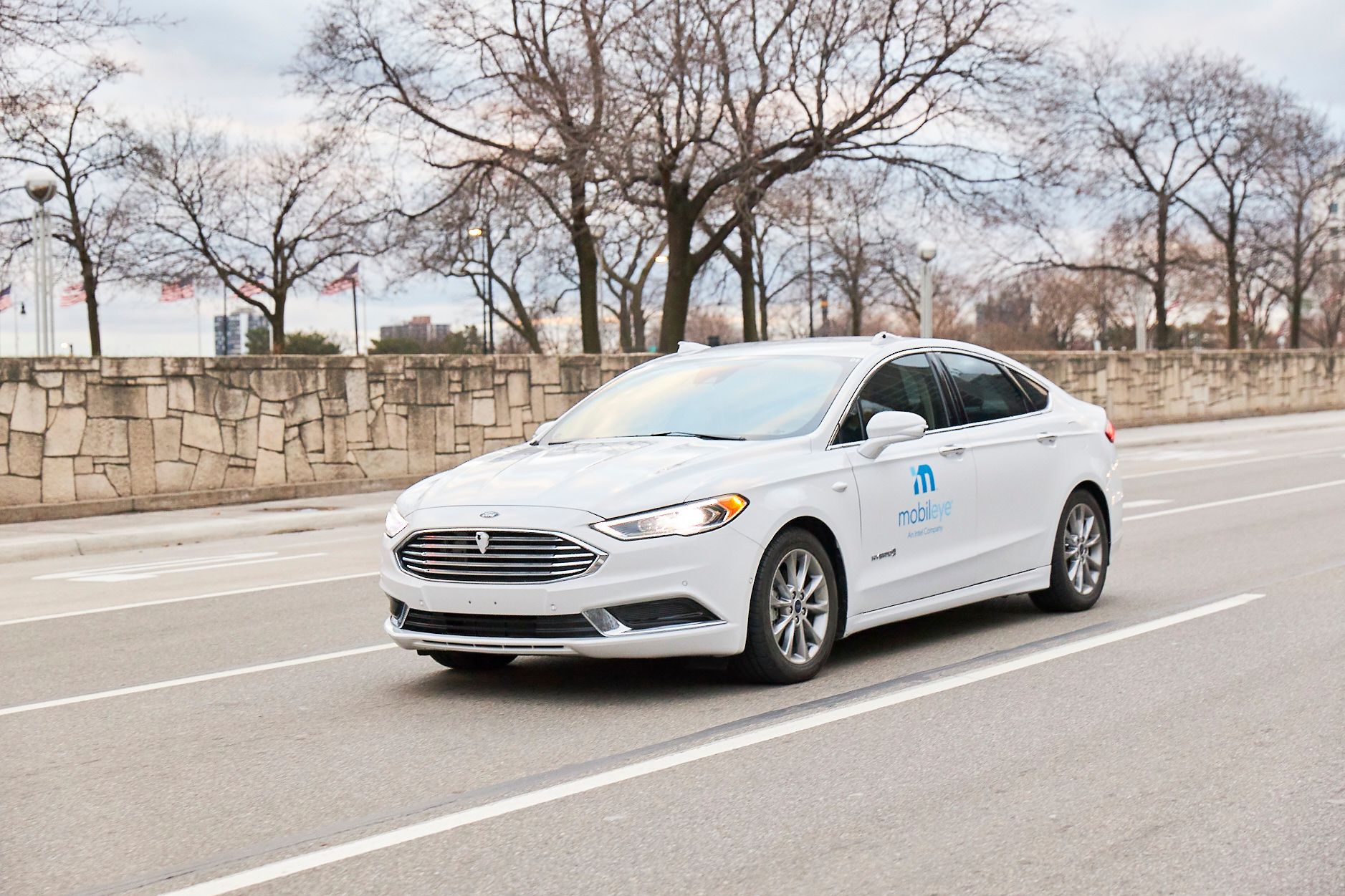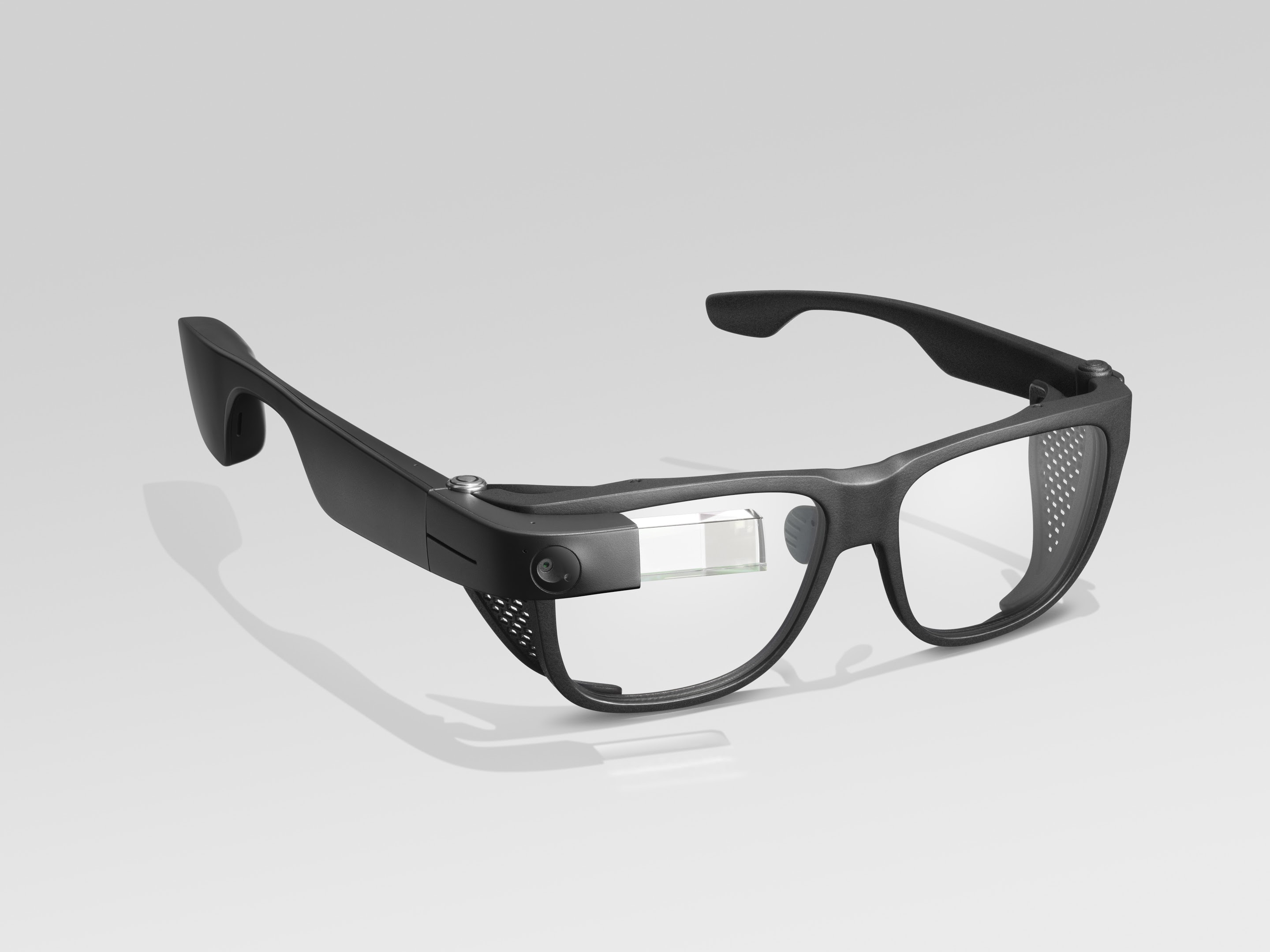By Joel Dembe
When the first Consumer Electronics Show (CES) opened its doors in 1967, the world found itself in a much different place. Owning a colour television was considered a luxury. Computers were years away from harnessing the power of microprocessors. Nintendo was only a niche Japanese trading-card company. Artificial intelligence? It was more likely to be found in a fictional Isaac Asimov novel.
Innovations were too slow in finding their way to people with disabilities. Assistive devices for people who were deaf or hard-of-hearing had yet to cross the digital threshold. Wheelchairs were more suited to hospitals than sidewalks. Both Canada and the United States were decades away from federal accessibility and inclusion laws.
Now, nearly six decades forward, tech firms are finally waking up and making the type of products that are inherently more usable for everyone and this year, accessibility hit the CES 2021 virtual conference in a significant way.
Coming to a road near you
Arguably the most impressive use of artificial intelligence was Intel’s MobileEye, which brings driverless vehicles to the next level with a more cost-effective autonomous system using a laser-light technology called LIDAR, the same technology now readily available in new smartphones. Now a broader range of cars will be able to harness this technology and MobileEye CEO, Amnon Shas, predicts LIDAR will also help reduce the number of human car crashes.
The good news: We could now be on the fast track to self-driving vehicles being an optional, non-luxury add-on for people who are unable to drive.
-
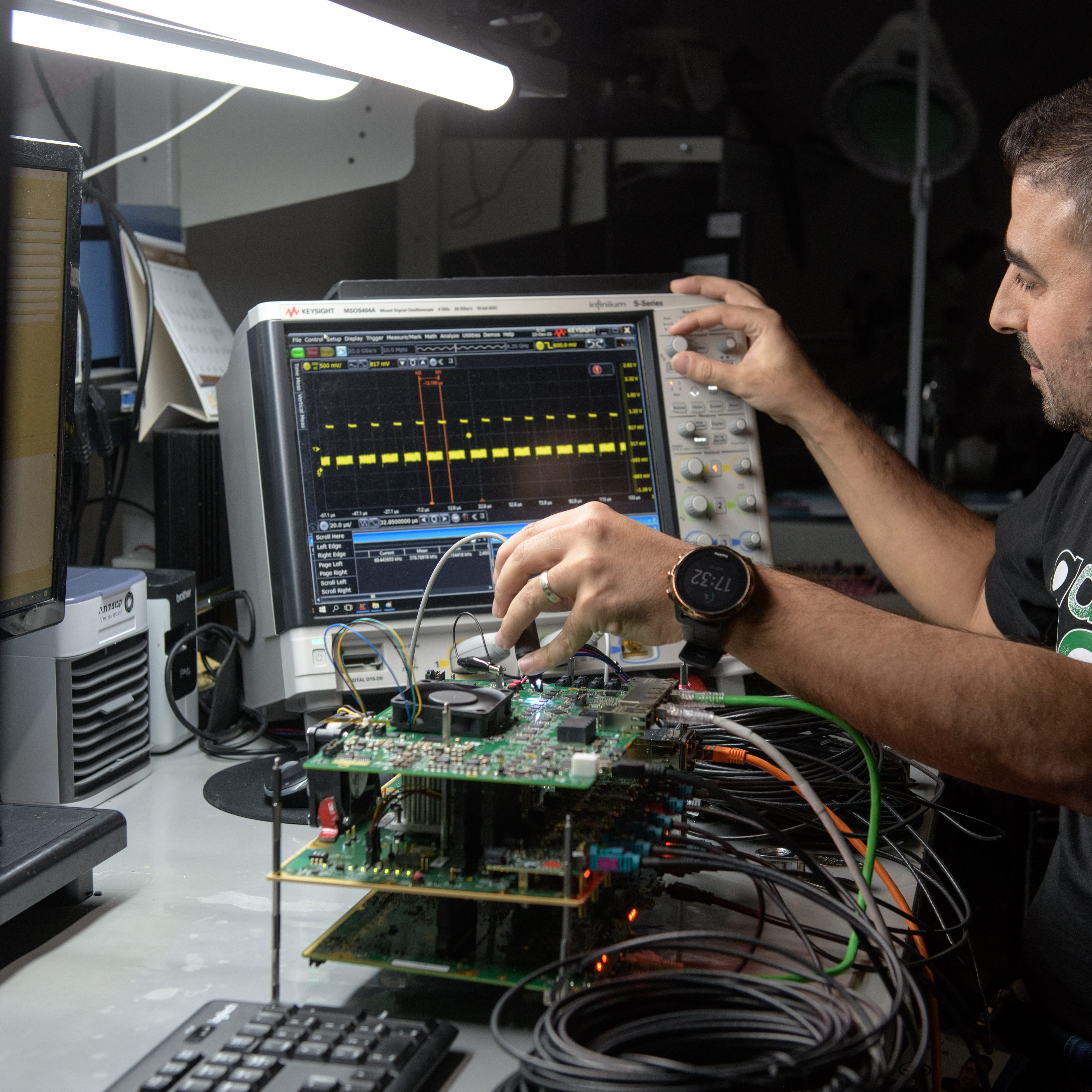
- Behind the scenes of Mobileye’s Jerusalem headquarters where employees apply the most advanced autonomous driving technology to the company’s fleet of self-driving vehicles. (Credit: Mobileye, an Intel Company)
-
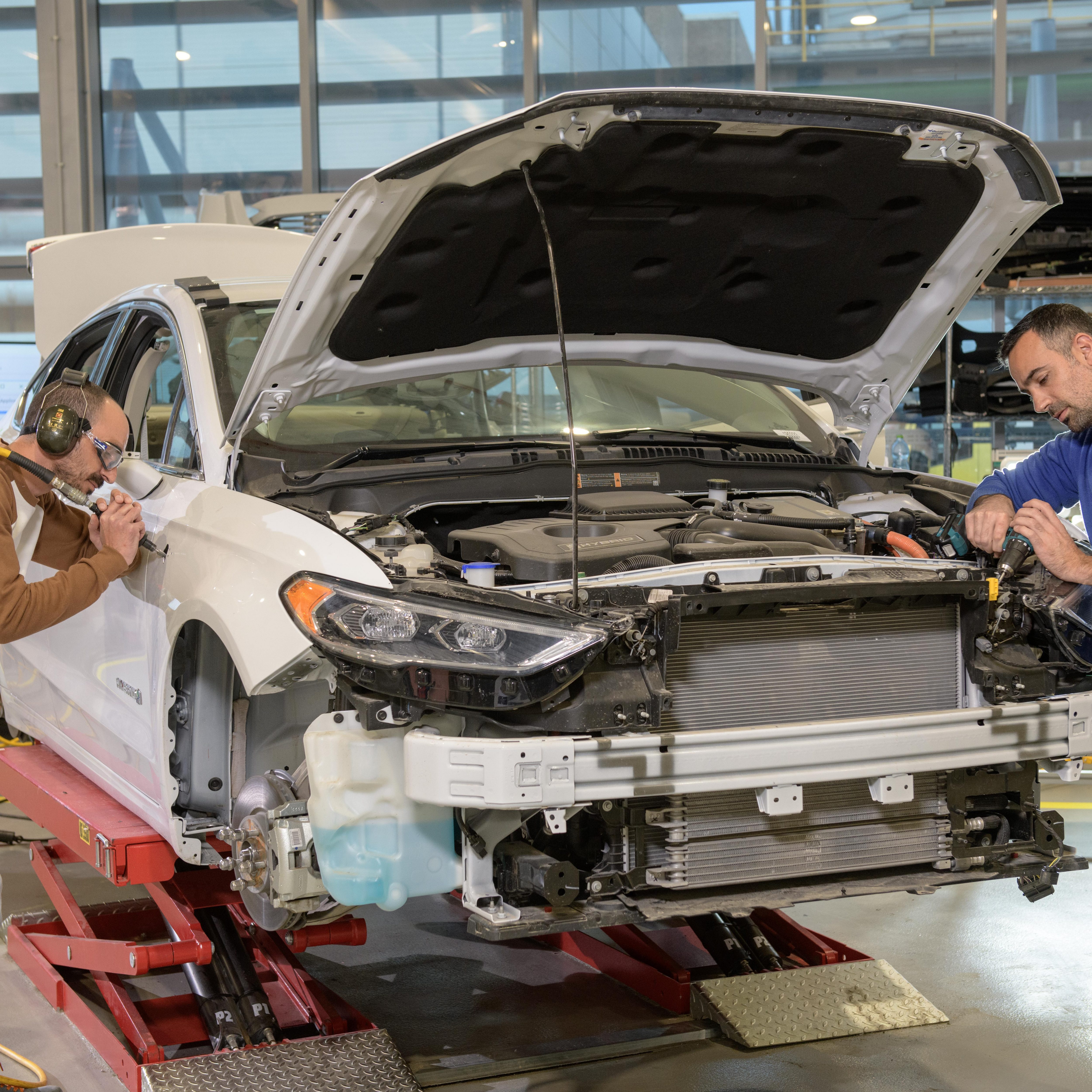
- Behind the scenes of Mobileye’s Jerusalem headquarters where employees apply the most advanced autonomous driving technology to the company’s fleet of self-driving vehicles. (Credit: Mobileye, an Intel Company)
-
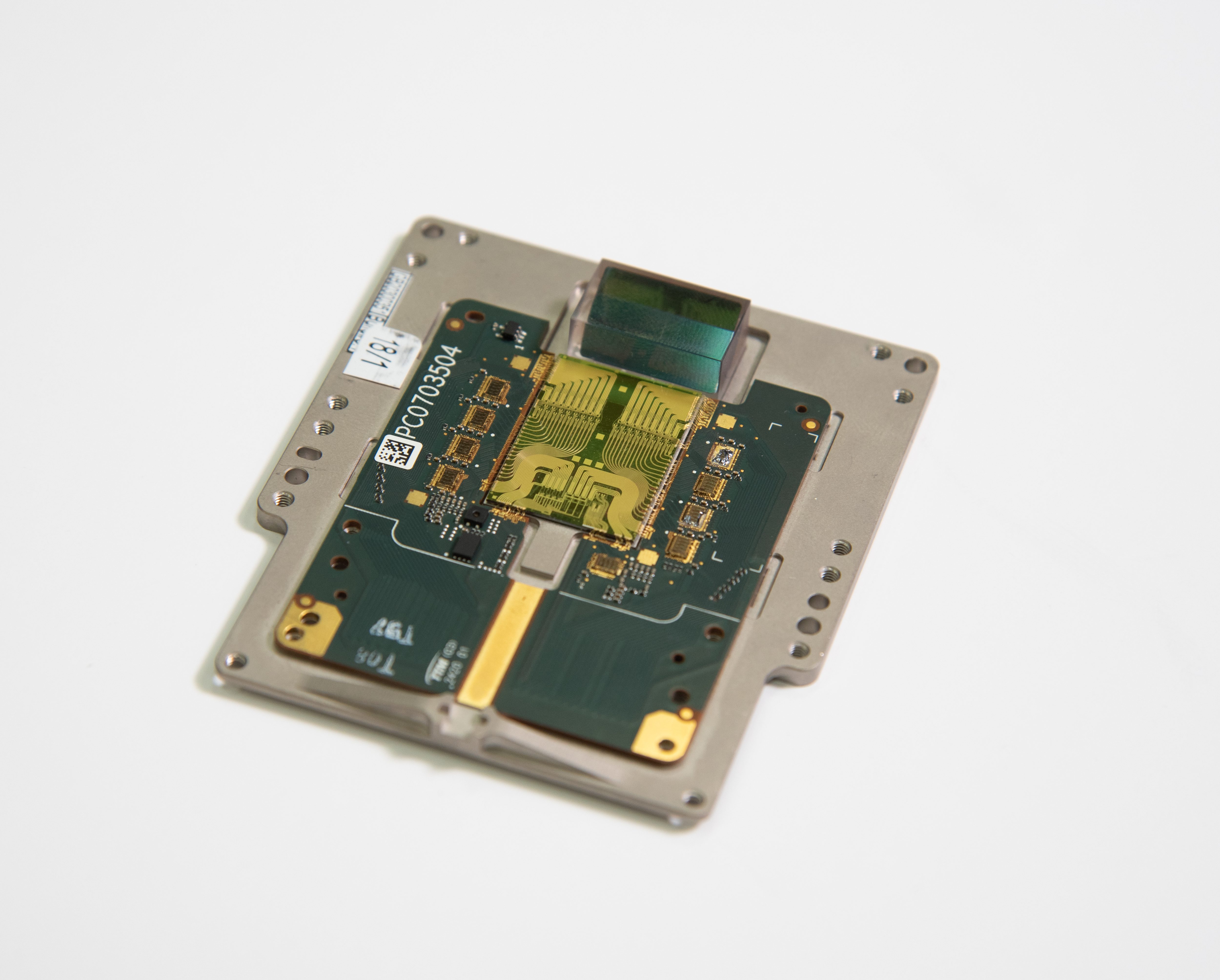
- At CES 2021, Mobileye unveiled a new silicon photonics processor for frequency-modulated continuous wave (FMCW) lidar, engineered at Intel’s unique silicon photonics fab in New Mexico. This next-generation lidar SoC is expected to be in production by 2025. (Credit: Intel Corporation)
Through the looking glass
It wasn’t that long ago that Google Glass, a smartdevice with a hefty price tag, was invented. I spoke with Karthik Mahadevan, co-founder of Envision Glasses, about this A.I. powered assistive device that leverages the Google Glass hardware technology to help the blind and visually impaired community.
Mahadevan began thinking about smart-glasses after speaking to a school for the blind in his home country of India. At the time, he was studying for a Master’s Degree in Industrial Design in the Netherlands and, with co-founder, Karthik Kannan, built a very early prototype of the software, eventually catching the attention of Google. What initially began as a Master’s thesis turned into a full-fledged partnership with Google using its proprietary Glass technology. “Google just saw our software as a critical thing,” explained Mahadevan. “[The partnership] opened doors for us and gave us the interaction with the team working on the Google Glass.”
While I wasn’t able to try out EnVision’s software for myself, I watched a video demonstration and saw the product in everyday situations. The good news: The glasses look comfortable, lightweight, and are trained to recognize an object and speak out things like restaurant menu items, people and colours using complex algorithms. Best of all? They’re available right now.
Digital apps for inclusion
CES featured a number of products and services aimed at solving barriers for those with hearing, speech or vision-related disabilities. To date, one of the most significant of these barriers is financial. Premium hearing aids, for example, can cost upwards of $5,000 and most hearing aids possess an “Achilles heel” in not having enough computing power to produce data-driven algorithms to isolate specific sounds.
Fortunately, A.I. is now able to turn everyday products into advanced assistive devices. For example, if you already own an Android or iPhone, you have tools at your fingertips.
Case in point: I had the opportunity to chat with Bruce Sharpe, Founder and CEO of HeardThat, a downloadable, currently free, app that reduces background noise for people experiencing some form of hearing loss who have difficulty isolating voices in crowded malls, restaurants, or subways etc. Sharpe and his team at HeardThat, a Vancouver-based subsidiary of Singular Hearing, suggest that, “People with hearing loss tend to spend a lot of money on devices. But everyone’s got a phone these days. We wanted to make the threshold easy.” Just four years ago, this wouldn’t have been possible but now the team has developed software that turns your smartphone and hearing aids—or AirPods into a sophisticated learning device.
I also came away impressed with Voiceitt, a CES 2021 Innovation Awards Honoree. It’s a unique smartphone app that uses machine learning and speech recognition technologies to provide a seamless way for people with speech related disabilities to communicate using their voice. If you have experienced a stroke, degenerative disease, or a developmental disorder, the app essentially translates your own words, making them quickly understood by everyone.
The good news: Using advanced automatic speech recognition (ASR) technology, Voiceitt identifies and adapts to different speech patterns, including breathing pauses and non-verbal sounds. Best of all—you only need an iPhone to use it.
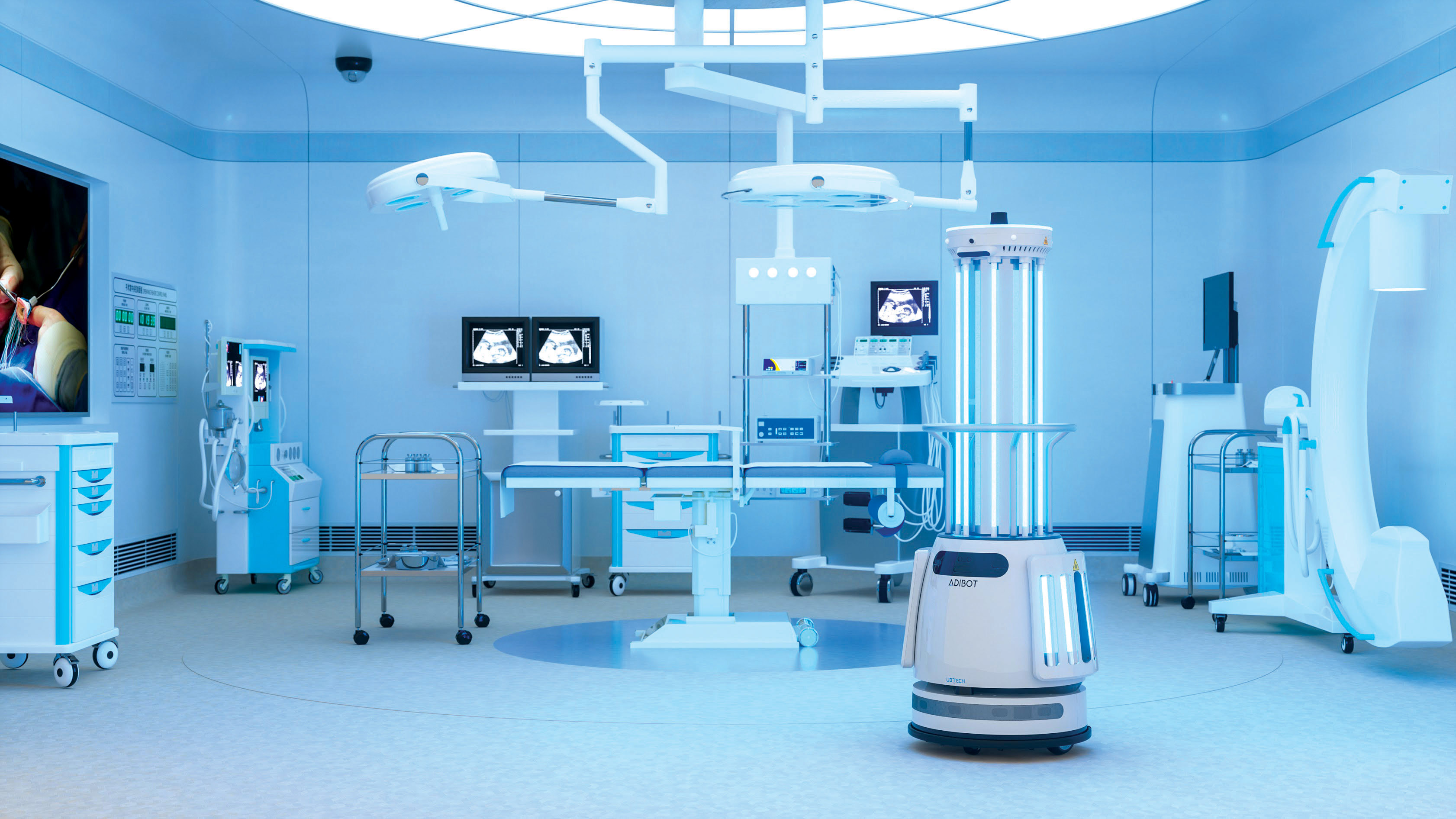
Pandemic problem solvers
Given the increased attention on our well-being throughout COVID-19, it was no surprise to see a multitude of health-related products on virtual display at CES.
AirPop Active+ is a smart mask that monitors your breathing patterns and air pollution. It offers users a way to monitor respiratory health. That’s especially relevant given the symptoms associated with COVID-19. With many of us under mandatory mask guidelines, this latest mask innovation might be a worthy addition.
And, on the touchy-feely side, MOFLIN, an A.I. pet that possesses synthetic-emotional capabilities, lifelike sounds and the ability to evolve, was making a name for himself. If you’ve felt lonely throughout the pandemic and hate the idea of feeding or cleaning up after a pet, the MOFLIN just might be for you.

They’ve got the message
The best word to describe the many accessible products at CES 2021 is empowering. While not every app, gadget or piece of tech on offer at this year’s show will make its way to the mainstream—or even hit the market, that’s not the point! Consumer technologies are finally moving in a more inclusive direction. With an aging population and one-in-five Canadians having some form of disability, technology firms from the majors to the minors and the start ups in-between are finally realizing that there is a huge and thriving market of worldwide consumers that’s worth targeting and tapping into. The future is bright and products and service for PWD’s will no longer be shuffled to the back rooms of CES. Accessibility and inclusion literally stole the show!
Joel Dembe is on the CAF Patrons Council, Canadian Paralympian, public speaker and global advocate for accessibility and inclusion.

